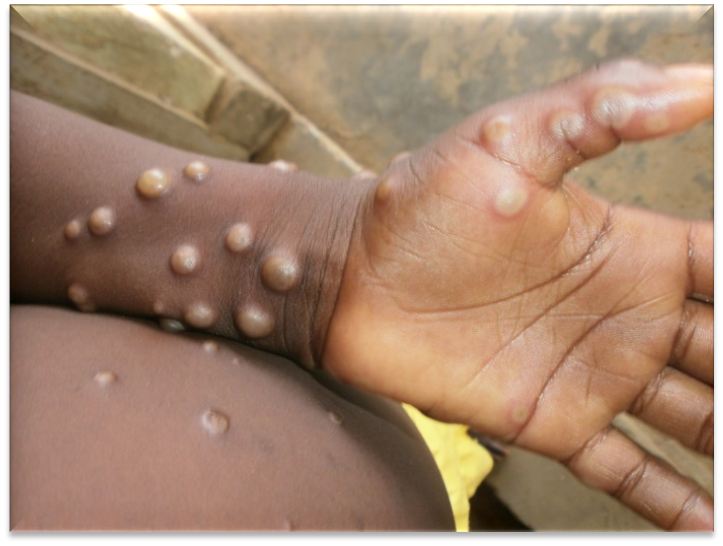What is monkeypox?
Monkeypox is a rare disease caused by a virus that can infect monkeys, rodents, and humans. It’s not known how people get the virus. The virus is spread from person to person through bodily fluids or tissues. Monkeypox was first reported in laboratories in the 1970s but has been limited to African countries until recently when it began spreading from contact with infected animals. The first human case of monkeypox was reported in 1970 during an outbreak that affected more than 100 people in the Democratic Republic of the Congo. Since then, there have been a handful of small monkeypox outbreaks reported around the world.
Symptoms of Monkeypox
A person with monkeypox has a fever, headache, muscle aches, and backache. They may also have swollen lymph nodes (swollen glands) or a sore throat. Monkeypox is an acute febrile disease characterized by a rash and pustular lesions. In humans, it is caused by the monkeypox virus (MPXV), a member of the genus Orthopoxvirus, family Poxviridae. MPXV infects both animals and humans. The natural hosts of MPXV are African nonhuman primates such as gorillas, mandrills, monkeys, and chimpanzees.
Monkeypox outbreak
A monkeypox outbreak was reported in a rural village in the Democratic Republic of Congo (DRC) earlier this month. While there were no deaths, many patients were reportedly suffering from severe skin lesions and respiratory problems. The World Health Organization (WHO) has sent officials to the area to investigate the outbreak and provide support. The outbreak of the Monkeypox virus in Nigeria has been confirmed by the World Health Organization to be the first-ever reported case in humans. The virus is a close relative of smallpox, which was globally eradicated in 1980.
How is monkeypox transmitted?
The illness spreads from animal to human, and health officials urge people who live in or frequently visit parts of Africa where the virus is circulating to get vaccinated. It is spread to people from animals (such as monkeys, rodents, and bats) that carry the infection. People can get infected through direct or close contact with an infected animal or through contact with articles (such as clothes, shoes, and bedding) of recently infected animals.
Treatments for Monkeypox
It has a fatality rate of 1% to 2%. Antiviral drugs and supportive therapy can be used to treat the infection. Different kinds of vaccines are also available for the prevention of monkeypox. There are several treatments for this virus; they include antibiotics, antiviral drugs, among others.
Prevention of Monkeypox
It is important to prevent monkeypox, which is very rare and often mistaken for chickenpox. The CDC recommends that you vaccinate your children if they have not had chickenpox or the varicella vaccine. Before getting vaccinated, tell your healthcare provider if your child has a weakened immune system or certain allergies. Avoid contact with people who have monkeypox, and do not touch animals such as dogs, cats, and monkeys.
In conclusion
If you think you have been exposed to the virus, avoid people who are sick and wash your hands often. Any illness in a child should be reported to a doctor right away. We must take precautions when dealing with animals to prevent the spread of this disease from spreading further. Although the disease is not contagious, it can cause severe symptoms and lead to death. If you have a fever and a rash that looks like pox marks, you should see your doctor immediately. If you believe that you have contracted monkeypox or have been exposed to it,








